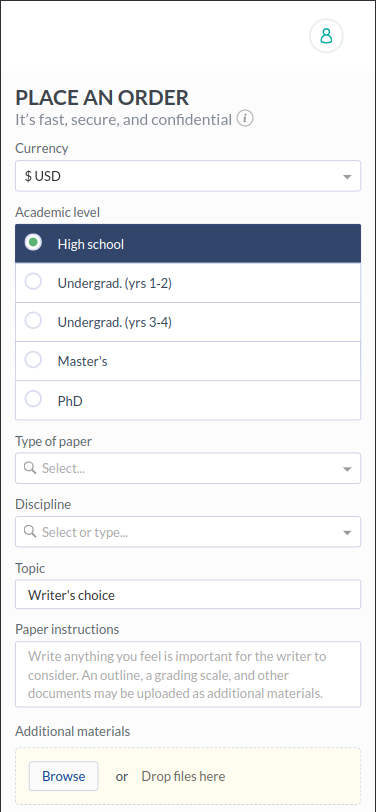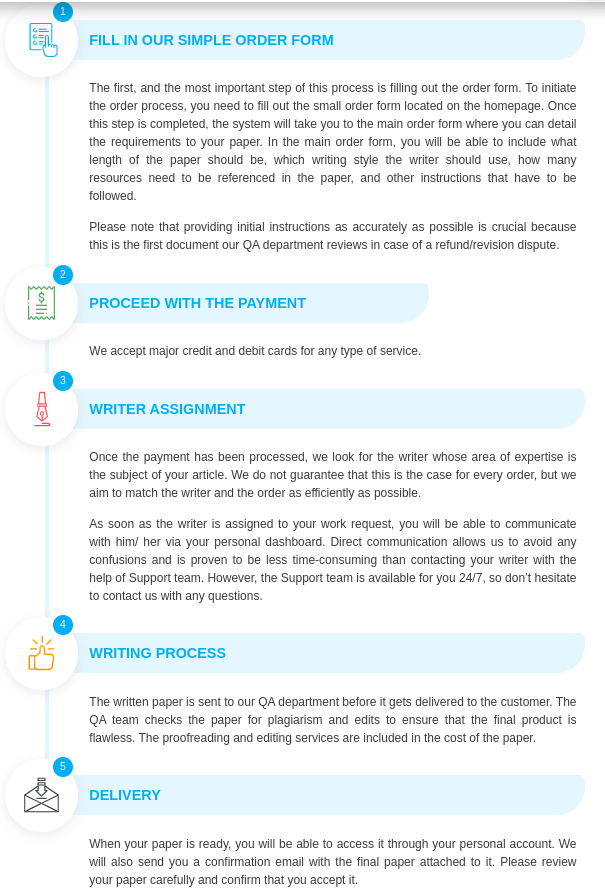NR 601 Week 7 Discussing Advanced Directives
Collaboration Café
Purpose
The purpose of the graded collaboration café is to engage students with their peers in an interactive dialogue to organize, integrate, apply, and critically appraise knowledge for nurse practitioner (NP) practice. Meaningful dialogue fosters the development of a learning community as ideas, perspectives, and knowledge are shared. This collaboration café supports the professional formation of the nurse practitioner role.
Course Outcomes
Through this assignment, the student will demonstrate the ability to:
- CO 2: Formulate appropriate diagnoses and evidence-based management plans for mature and aging individuals and families.
- CO 3: Incorporate cultural preferences, values, and health beliefs in the care of mature and aging individuals and families.
Due Date
Initial posts are due to the discussion forum by Wednesday at 11:59 p.m. MT. Peer responses are due by Sunday at 11:59 p.m. MT. Students must post on a minimum of two separate days. A 10% late penalty will be imposed for discussions posted after the deadline Wednesday at 11:59 p.m. MT, regardless of the number of days late. NOTHING will be accepted after 11:59 p.m. MT on Sunday (i.e., the student will receive an automatic 0).
Total Points Possible
This Collaboration Café is worth a total of 50 points.
Preparing the Assignment
Follow these guidelines when completing each component of the assignment. Contact your course faculty if you have questions.
Family nurse practitioners often care for older adults as they experience changes in functional health. Assessments may reveal that clients are unsafe in their current environment or that they may require additional assistance to remain at home. Carefully read the questions below and address each in your initial post.
- Application of Course Knowledge: Answer all questions/criteria with explanations and detail.
Discuss the laws in your state related to the nurse practitioner’s (NP) role and responsibility in creating and signing advanced directives (ADs). Indicate if the NP can independently complete AD documents or a physician is required to sign or cosign the documents.
Consider clients you’ve encountered in practicum (or in your practice as a registered nurse). Identify at least ONE client who may have benefited from a referral to hospice or palliative care. Indicate why this client would have benefited from these services. Describe how as an NP you might approach the conversation with the client.
Discuss at least TWO recommendations you have for improving palliative and hospice care access to vulnerable and underserved populations in your community.
- Engagement in Meaningful Dialogue: Engage peers and faculty by asking questions, and offering new insights, applications, perspectives, information, or implications for practice.
- Respond to at least one peer.
- Respond to a second peer.
- Communicate using respectful, collegial language and terminology appropriate to advanced nursing practice.
- Professionalism in Communication: Communicate with minimal errors in English grammar, spelling, syntax, and punctuation.
- Wednesday Participation Requirement: Provide a substantive response to the collaboration café topic (not a response to a peer), by Wednesday, 11:59 p.m. MT of each week.
- Total Participation Requirement: Provide at least three substantive posts (one to the initial question or topic and two to student peers) on two different days during the week.
**To view the grading criteria/rubric, please click on the three (3) dots in the box at the end of the solid gray bar, above the discussion board title, and then Show Rubric.
Sample Discussion Post
1. Discuss the laws in your state related to the nurse practitioner’s (NP) role and responsibility in creating and signing advanced directives (ADs). Indicate if the NP can independently complete AD documents or a physician is required to sign or cosign the documents.
1. In the state of Tennessee, you don’t need to have a signature by a health care provider to have an active advanced directive. To have an active advanced directive you need to fill out the specific form then either have it witnessed by two individuals that are not family related by blood, marriage or adoption and people that do not stand to gain anything from the persons death. Or have the form witnessed by and filled out with a notary.
2. Consider clients you’ve encountered in practicum (or in your practice as a registered nurse). Identify at least ONE client who may have benefited from a referral to hospice or palliative care. Indicate why this client would have benefited from these services. Describe how as an NP you might approach the conversation with the client.
1. As a nurse that works in the ICU, I have seen many patients that would benefit from a hospice or palliative care consult. One that sticks out to me is from a few weeks ago. She came in for a mass on her neck, she ended up coding in the ER then came up to the ICU after the code, she was on multiple pressors to keep her blood pressure where it needed to be, she started on continuous renal replacement therapy. She ended up coding again about a week later and we eventually called the code. The family was having a hard time with the whole process and everything that was happening. If palliative care would have been consulted, they may have been able to ease the discussions to talk about comfort care and allowing the patient to pass and the family to spend time with their family member without the traumatic death that happened.
2. As nurse practitioners we may be faced with these situations where a patient’s health continues to decline and may be an appropriate time to bring up the subject of palliative or hospice care. These conversations can be extremely emotional and challenging for the patient and family. Knowing this and preparing to respond with empathy will be a key factor in completing these conversations. By being empathetic you are acknowledging how the patient is feeling and also listening to them with the fullest ability that you can.
3. Discuss at least TWO recommendations you have for improving palliative and hospice care access to vulnerable and underserved populations in your community.
1. One recommendation would be as a nurse practitioner to offer education to patients and family members on what palliative care and hospice services offer. There is still a stigma surrounding both these services as services to help patients die when the goal is to allow the patients to have a dignified death and allow support to family members if they need services after the patient’s death. In an article by Lalani and Cai (2022) patients and families lack a clear understanding of palliative care. If the nurse practitioner can provide information to make these services a little more understandable than a family may be more willing to allow the support of the services.
2. The second recommendation would be to offer incentives for hospitals to have palliative care services, especially hospitals in rural areas since these patients tend to have bigger issues with having access to different health services. If incentives were offered to provide a palliative care service some hospitals may take those incentives allowing for easier access to those providers. If the patient has access to the palliative care team without having to drive a long distance they may be more willing to use their services.
Resources
Advanced directive for health care decisions making. (n.d). Tennessee Department of Health. https://www.tn.gov/health/health-program-areas/health-professional-boards/hcf-board/hcf-board/advance-directives/advance-directives-faq.htmlLinks to an external site.
Conversation script: Goals of care. (n.d.). Center to Advance Palliative Care. https://www.capc.org/conversation-script-goals-of-care/Links to an external site.
Lalani, N., & Cai, Y. (2022). Palliative care for rural growth and wellbeing: identifying perceived barriers and facilitators in access to palliative care in rural Indiana, USA. BMC palliative care, 21(1), 25. https://doi.org/10.1186/s12904-022-00913-8
Our team of expert nursing writers at Nursing Assignment Service can help you with your NR 601 Week 7 Discussing Advanced Directives paper, place your order here.




